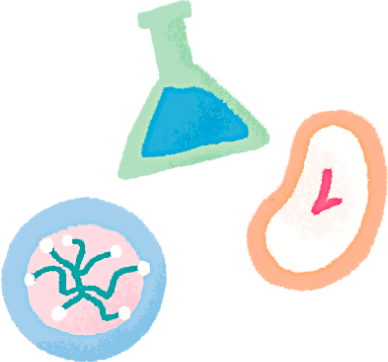Type Of Media:化学業界紙
Publication/Magazine/Media:化学工業日報
Remarks:企画記事
Next Generation Drug Discovery Modality Traction
The Kawasaki base of the "COI-NEXT Program" (Project CHANGE) has reached its third year, aiming to realize a "resilient health and longevity society led with Med-Tech-Care Synergy." This project focuses on innovating the medical and care systems while also developing resilient bodies for those receiving care. The third symposium, scheduled for December 13, will highlight new drug modalities such as exosomes and messenger RNA (mRNA).
Project leader Professor Takanori Ichiki reflected on the past two years, noting the broad scope of work from developing home healthcare technologies to creating smart nanomachines for aging diagnosis. The common goal remains to ensure that elderly individuals can live authentically, even amid a declining birthrate and aging population, with research stimulating each other’s progress.
The "Kawasaki Care Design Consortium" is one significant initiative aimed at matching the needs of care settings with corporate capabilities to expedite product development, having held a kickoff symposium in November. Professor Keiji Itaka emphasized the project's value as a "place for encounters," highlighting the insights gained from interactions with diverse research institutions and companies.
Additionally, the development of foundational technologies for exosomes and mRNA is underway, with exosomes gaining attention as a novel diagnostic and therapeutic technology. Professor Ichiki stressed the urgent need to establish evaluation techniques to support the reliability and standardization of exosome medicine. The third symposium will feature presentations on the preparation and evaluation of extracellular vesicles (EVs), while multiple projects utilizing mRNA are also progressing. Notably, the development of mRNA drugs for osteoarthritis is promising, with research focused on enhancing cartilage regeneration.
http://change.kawasaki-net.ne.jp/topics/news/23

